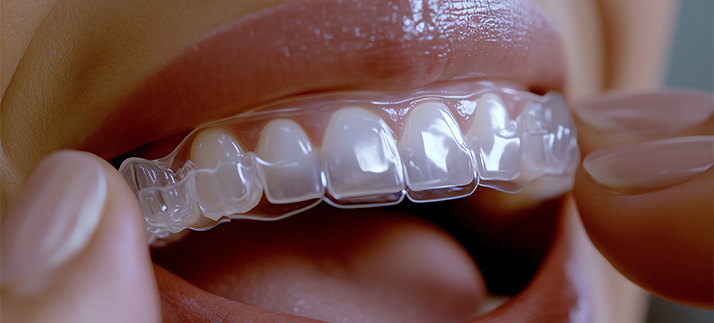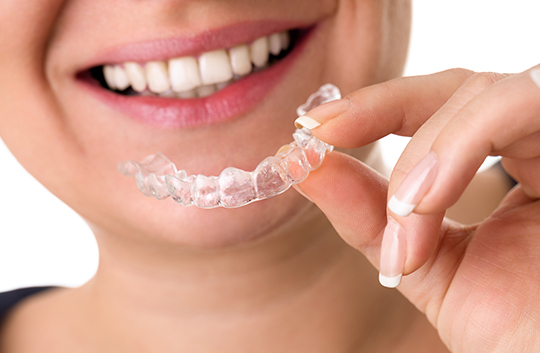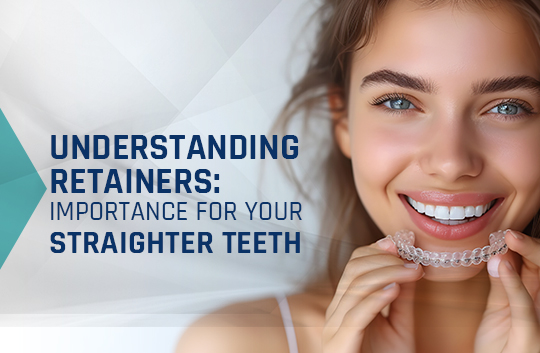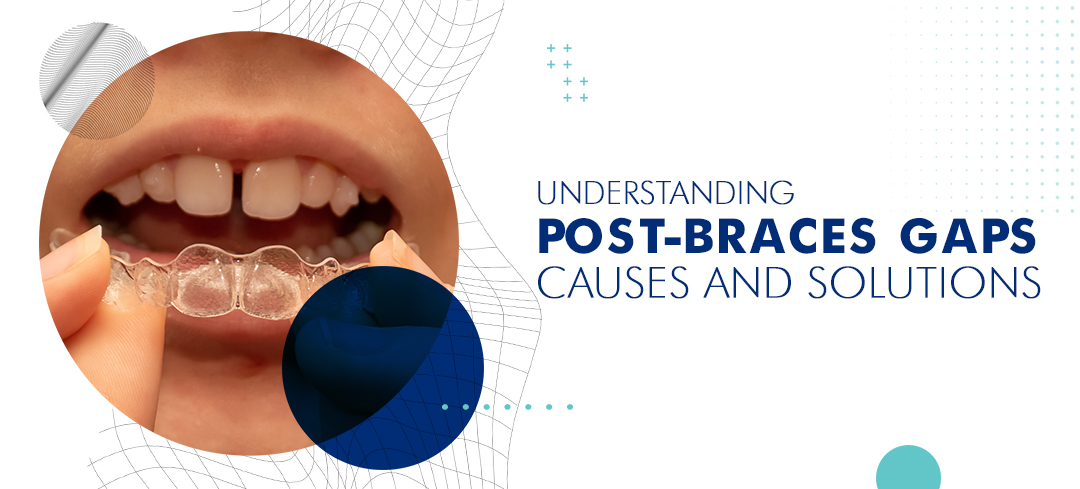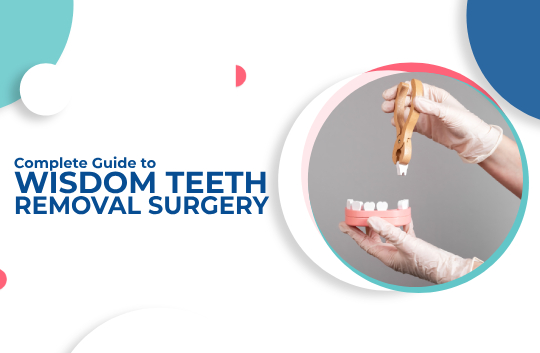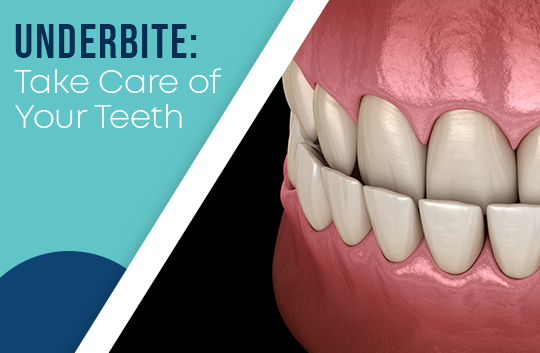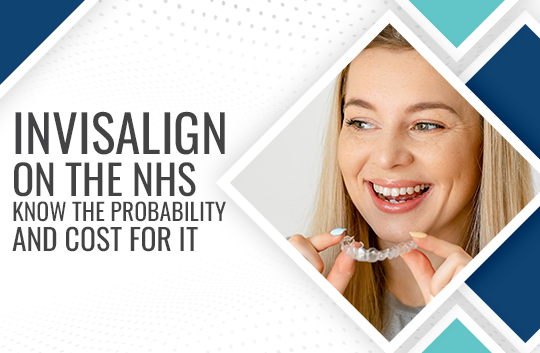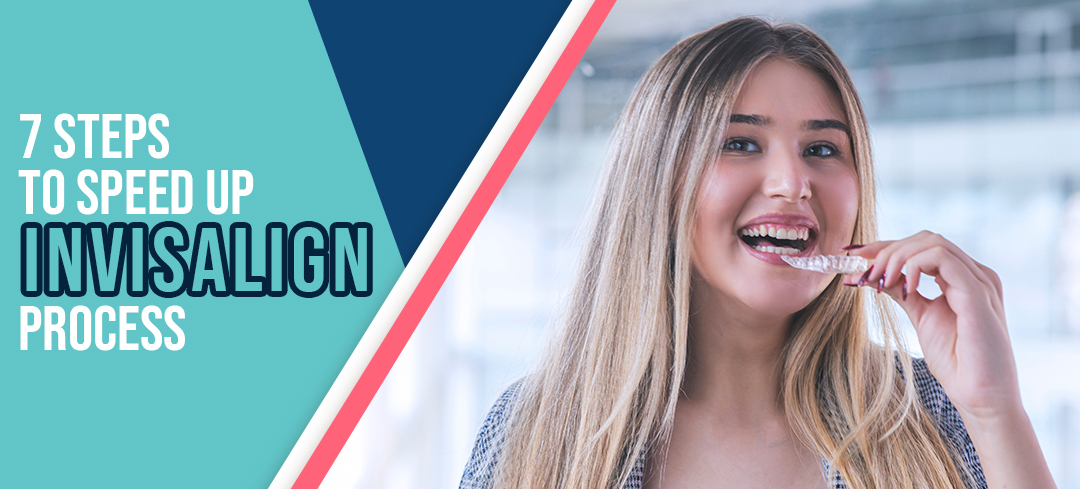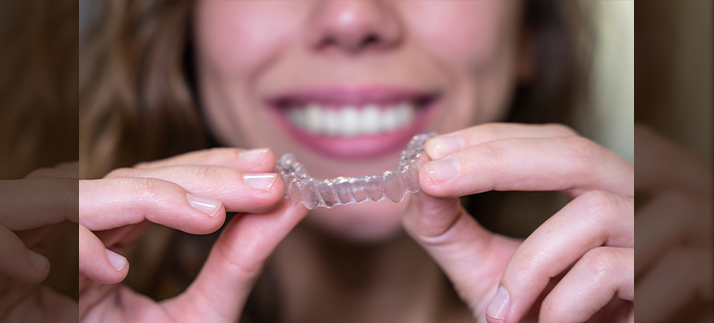

Composite Bonding Overview: Treatment Procedure, Benefits, Cost and What to Expect
Composite bonding is common in cosmetic dentistry. It uses tooth-coloured composite resin material to make your smile more attractive. This cosmetic dental procedure repairs chips changes the colour and shape of the tooth, and closes gaps between the teeth. Composite bonding is reversible, unlike other cosmetic dental procedures, like porcelain veneers, that are irreversible.
What is composite bonding?
Composite bonding, also called teeth bonding or dental bonding, is a dental treatment that improves your smile. During composite bonding, the dentist will apply tooth-coloured resin material on the affected tooth to change its colour, size or shape.
When is composite bonding necessary?
Composite bonding can improve the aesthetics of your smile. This procedure used tooth-coloured resin material to:
- Change the shape of the teeth
- Cover tooth discolouration
- Cover cracks or chips in the teeth
- Close spaces and gaps between the teeth
- Lengthen the teeth
The composite resin material used in composite bonding is also useful in restorative dentistry to
- Protect tooth roots exposed from recession of the gums
- Replace old silver dental filling with a more attractive alternative
- Fill cavities
How common is composite bonding?
Composite bonding is a very common cosmetic dental procedure. It is one of the most done procedures in dentistry.
What is the difference between veneers and dental bonding?
Porcelain veneers are custom-made ceramic shells placed on the front surface of the teeth. Fitting porcelain veneers requires the dentist to remove some of the natural teeth's enamel. The procedure is irreversible, and the veneers need replacement every 10 – 20 years.
However, composite bonding may not require enamel removal. This makes composite bonding completely reversible. You may need touch-ups every 3 – 10 years.
Composite veneers are also available. The dentist uses composite resin material for composite veneers to cover the entire tooth surface.
What happens before composite bonding?
Before composite bonding, the dentist will discuss your cosmetic goals, perform dental X-rays and examine your gums and teeth to ensure you are eligible for the procedure. If you have gum disease, tooth decay or serious dental issues, you may need to treat it first.
What happens during composite bonding?
During composite bonding, the dentist will:
- Select the right teeth shade
Using a shade guide, the dentist will select a composite resin material that fits your natural teeth colour.
- Prepare the tooth
The dentist will roughen your tooth surface and apply a conditioning liquid. These steps help the bonding material to remain on your tooth.
- Apply the composite resin material.
Your dentist will apply the resin material (in a putty-like consistency) to the tooth, mould and smooth it to the desired shape.
- Cure the material
The next step is to harden the composite material with a special curing light to bond the material to your tooth surface.
- Polish the tooth
Your dental professional will make any necessary adjustments and polish the tooth to give it a natural finish.
This procedure takes about 30 – 60 minutes per tooth.
Does composite bonding hurt?
Composite bonding isn't painful because the dentist won't work close to the sensitive nerve inside your tooth. Most times, dentists do not administer anaesthesia during composite bonding. Some people have temporary sensitivity following the composite bonding procedure, but over-the-counter pain medication can relieve the pain.
What happens after composite bonding?
Good oral hygiene is necessary after your composite bonding procedure to keep your mouth healthy and maintain an attractive smile. Ensure you brush your teeth twice daily using a soft-bristled toothbrush and fluoride toothpaste, and floss between your teeth once daily. Regular visits to the dentist are necessary for cleanings and check-ups.
What are the benefits of composite bonding?
Composite bonding has several advantages over other cosmetic dental treatments. They include:
- Minimally invasive
While dental crowns and porcelain veneers need significant enamel removal, cosmetic bonding doesn't.
- Affordable
Composite bonding is an affordable cosmetic dental procedure.
- Versatile
Composite bonding can fix cosmetic imperfections, including discolouration, gaps, cracks and chips.
- Convenient and fast
Composite bonding requires only one visit, unlike other cosmetic dental procedures like crowns and veneers that need multiple appointments.
What is the recovery time after composite bonding?
Composite bonding has no downtime. You can start your regular activities immediately after you leave your dentist's office.
Do my teeth need special care after composite bonding?
No, you don't. However, follow good oral hygiene practices, including brushing your teeth and flossing at least twice and once daily, respectively, and visiting your dentist for regular cleanings and check-ups.
The composite bonding material can chip, so avoid chewing on hard objects like pens, opening packages with your teeth or biting your fingernails. If you notice any sharp edge on your bonded tooth or it feels off when you bite down, contact your dentist.
How long does composite bonding last?
How long your composite bonding teeth will last depends on different factors, such as the number of teeth treated and oral habits. Usually, bonding material lasts 3 – 10 years before requiring a touch-up or replacement.
Is composite bonding good for the teeth?
Generally, composite bonding doesn't cause any risks. If your teeth and gums are healthy, composite bonding is safe. However, other treatments may be necessary before composite bonding if you have gum disease, extensive tooth decay or other serious oral health issues.
Is composite bonding permanent?
No, it isn't. Composite bonding doesn't need enamel removal, so it is reversible.
Is composite bonding available in the public healthcare service?
No, it isn't. Composite bonding isn't available in the public healthcare service because it is a cosmetic procedure. However, it is available privately in most dental clinics. Ensure you discuss the cost of your treatment beforehand.
What is the cost of composite bonding?
The composite bonding cost in the UK is about £225 - £390 per tooth. Composite bonding is cost-effective and non-invasive, unlike porcelain veneers, crowns, and composite veneers.
What alternatives are available?
The common alternatives to composite bonding are:
- Veneers
A veneer is a custom-made, thin moulding from porcelain bonded to the tooth's front surface. Veneers can cover gaps between the teeth when orthodontic treatment isn't suitable.
- Crowns
A crown is a tooth-shaped crown fitted over the entire tooth surface. A dental crown functions and feels like your natural tooth, and a porcelain crown is hardly noticeable.
These alternatives cause some damage to your natural teeth. Veneers can last for many years, but because they are made from porcelain, the dentist will file down your tooth, leaving permanent damage. Crowns also need filing down the natural tooth.
Composite bonding is a quick, non-invasive and less expensive treatment option. Repairing a bonding tooth is also easy.
Consult your dentist about your options, as your dentist can inform you if composite bonding is right for you and answer any questions about the procedure.
When should I visit my dentist?
If you have discolouration, cracks, chips or other concerns about the appearance of your teeth, book an appointment with your dentist. You can discuss your cosmetic goals with your dentist and get a personalised treatment plan to meet your needs.
Contact your dentist if you recently had cosmetic bonding and your bite feels off. Your dentist can correct the issue at a quick appointment.
You can book an appointment at Dental Clinic London for composite bonding to cover teeth imperfections. Feel free to call us on 020 7183 0527 to book an appointment or for more information on composite bonding.
 70 Great Russell St, Holborn, London WC1B 3BN, UK
70 Great Russell St, Holborn, London WC1B 3BN, UK



